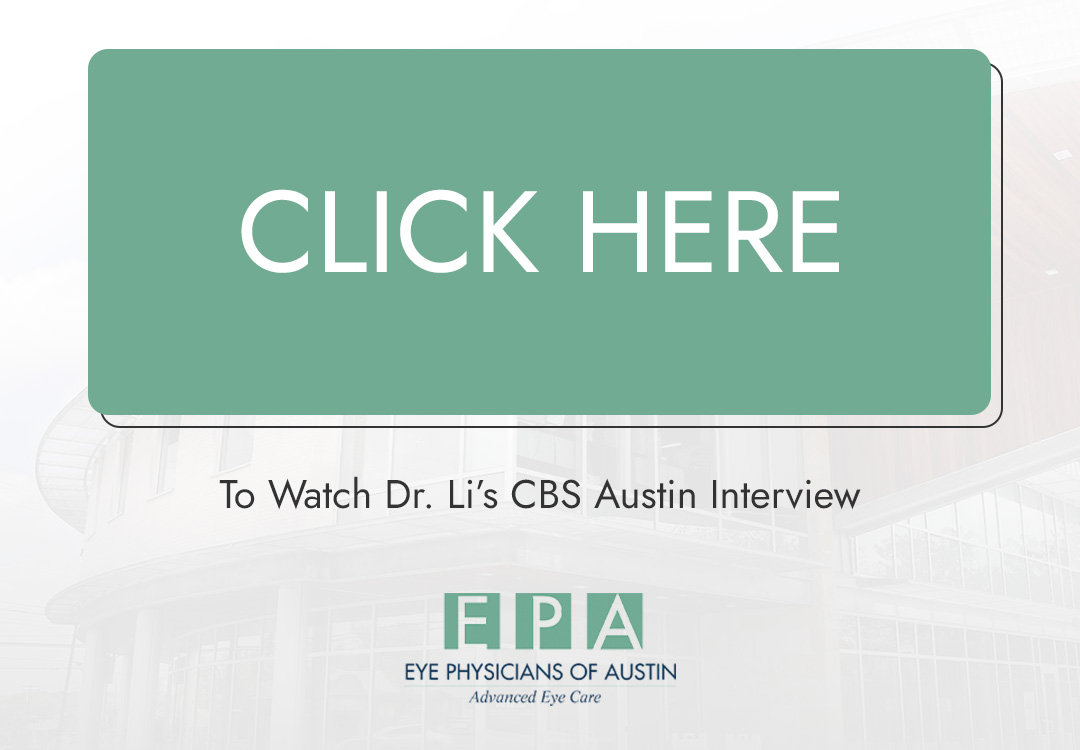
Your vision is one of your most precious senses, and maintaining good eye health is crucial for your overall well-being. Whether you're nearsighted, farsighted, or have astigmatism, vision correction options like eyeglasses can help you see the world clearly. Understanding when glasses are recommended and the importance of regular eye exams can help you take proactive steps to protect your vision.
Signs and Symptoms You May Need Glasses
Recognizing the signs and symptoms that you may need glasses is the first step in addressing your vision concerns. Some common indicators that it's time to consider vision correction include:
• Frequent squinting or eye strain: If you find yourself squinting or straining your eyes to see clearly, especially when reading, working on a computer, or driving, it could be a sign that you need corrective lenses.
• Blurred or distorted vision: Blurry or distorted vision, particularly at a distance or when trying to focus on small details, may be a sign of refractive errors like nearsightedness, farsightedness, or astigmatism.
• Headaches or eye fatigue: Persistent headaches or eye fatigue, especially after prolonged periods of visual tasks, can be a result of your eyes working harder to focus and compensate for vision problems.
• Difficulty seeing at night or in low light: If you struggle to see clearly in dimly lit environments, such as when driving at night or in poor lighting conditions, it could indicate a need for vision correction.
• Frequent changes in prescription: If you find that you need to update your eyeglass or contact lens prescription more often than usual, it may be a sign that your vision is changing and requires more frequent adjustments.
When Are Glasses Recommended?
Glasses are commonly recommended in a variety of situations to address different vision needs. Some of the most common instances where glasses are recommended include:
· Nearsightedness (Myopia): Glasses are often prescribed to correct nearsightedness, a condition where distant objects appear blurred, but close-up objects are clear.
· Farsightedness (Hyperopia): Glasses can help correct farsightedness, a condition where close-up objects appear blurred, but distant objects are clear.
· Astigmatism: Glasses can be used to correct astigmatism, a condition where the cornea or lens of the eye is irregularly shaped, causing blurred or distorted vision at all distances.
· Presbyopia: As you age, the natural lens in your eye may lose its flexibility, making it difficult to focus on close-up objects. Glasses are commonly recommended to address presbyopia and restore clear near vision.
· Medical Conditions: Certain eye conditions, such as cataracts, macular degeneration, or diabetic retinopathy, may require the use of specialized glasses or lenses to manage the condition and optimize visual function.
The Importance of Routine Eye Exams
Regular eye exams can help identify and monitor various eye conditions, including glaucoma, cataracts, macular degeneration, and diabetic retinopathy, which can be managed more effectively when detected early. Ophthalmologists can recommend the best vision correction solutions, such as eyeglasses or contact lenses, based on your specific needs and preferences, ensuring optimal visual acuity and comfort.
By prioritizing regular eye exams, you can take an active role in preserving and protecting your vision, ensuring that you enjoy clear, comfortable, and healthy eyes for years to come.
Schedule Your Eye Exam with Eye Physicians of Austin Today
By understanding the signs and symptoms that may indicate a need for vision correction, the various situations where glasses are recommended, and the importance of regular eye exams, you can make informed decisions about your vision care.
Schedule an eye exam with our eye care team and take the first step towards clear, comfortable vision. Visit Eye Physicians of Austin at our office in Austin, Texas, or call (512) 583-2020 to book an appointment today.





